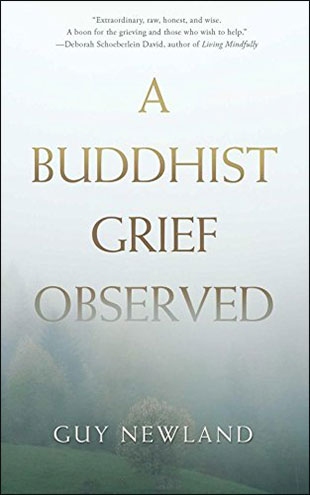"If you don't tend to one another,
who then will tend to you?"
The Buddha
"We all suffer needlessly because we don't see things as they are. I think this is the core idea of the Buddhist tradition.
"The tradition invites us to consider the proposition that vast oceans of misery are unnecessary. And, more astonishingly, that there is a single cause at the root of needless misery – the delusion that things exist by way of their own natures. We are invited to consider that such delusion may be the tacit foundation for our daily quarrels and our bloody wars.
"The Sanskrit word that most often represents this basic delusion is avidya, which is usually translated as 'ignorance.' To overcome ignorance, and become free from needless misery, we must in some way get to know things as they are.
"These are good words, but they are just words and there are other helpful ways to use words. When Valerie was dying, the book on our bed was Joan Halifax's Being with Dying. Halifax trains hospice workers using Buddhist insights, and her root framework is threefold: (1) not knowing, (2) bearing witness, and (3) compassionate action. So here the basic practice isn't knowing; rather, it is not knowing.
"I'd been trained to think of the path in terms of progressive knowingness, deeper insight and understanding, so it was at first hard for me to make sense of this. The words are contradictory, but the meaning is not. Of all the books about death and dying, Being with Dying was most helpful to me. At a time when I could scarcely think, it rang true. It sparked a small synaptic connection to Lao Tzu: "The farther you go, the less you know."
